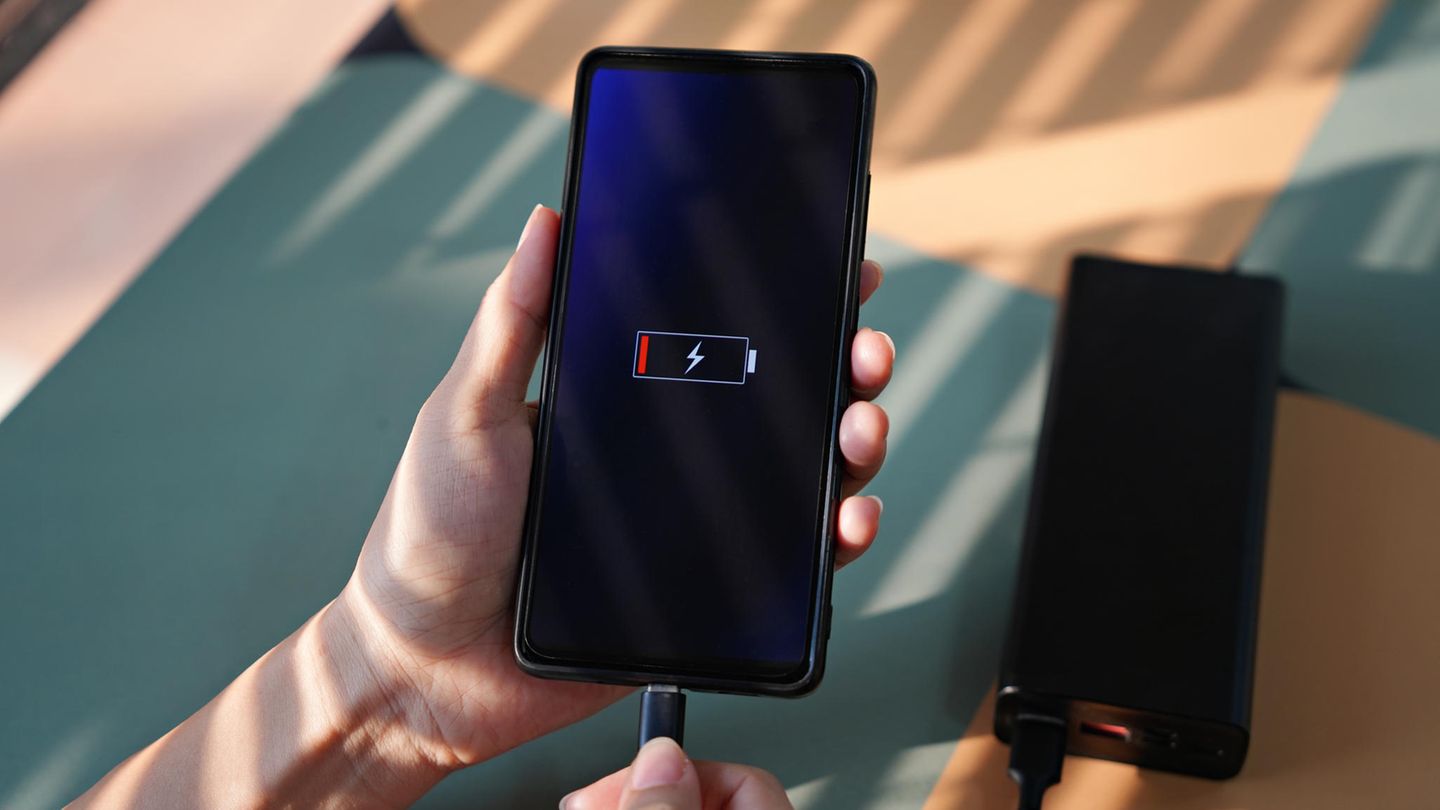The negotiations for an agreement in the Gaza war are in danger of failing. Negotiation teams from Israel and the USA are once again in Egypt. UN representatives are urging haste with a view to the children in Gaza.
As tough ceasefire negotiations in Gaza continue, UN officials are calling for increased efforts to provide urgently needed polio vaccinations for hundreds of thousands of children in the war zone. “If preventive measures are not taken immediately, the polio outbreak will not only be a disaster for children in Gaza, but could significantly set back global efforts to eradicate the disease,” warned Louisa Baxter, head of the emergency health unit of the children’s charity Save the Children, at a UN Security Council meeting in New York.
A vaccination campaign is to begin at the end of August. More than a dozen member nations have called for a ceasefire in Gaza for this purpose. There have already been confirmed outbreaks in the Gaza Strip and the disease will not stop at the borders of the sealed-off coastal strip, said Baxter. Around 50,000 children have been born there since the war began and have generally not received the necessary vaccinations. “The decimated health system is completely unprepared to deal with this new polio crisis,” said Baxter.
Polio is a contagious infectious disease that can cause permanent paralysis, especially in young children, and can lead to death. The virus is often spread through contaminated water. There is currently no cure.
Further talks on ceasefire
Meanwhile, an Israeli negotiating team is holding renewed talks in the Egyptian capital Cairo on a ceasefire agreement, an Israeli government spokesman said. According to informed sources, a delegation from the USA also arrived at Cairo airport for further negotiations in the city.
The Israeli newspaper Haaretz wrote, citing an Israeli representative, that the negotiating team was preparing for a possible summit on Sunday “if Hamas shows signs of movement.” Egypt, Qatar and the USA are mediating between Israel and Hamas, as they are not negotiating directly with each other.
Report on new proposals from Israel
An agreement is also expected to see the release of Israeli hostages held by the Islamist Hamas and the release of Palestinian prisoners from Israeli prisons. One of the biggest sticking points, however, is Israel’s persistent demand for permanent control of the southern border between Gaza and Egypt. According to the Israeli army, several Hamas tunnels run under the so-called Philadelphia Corridor. Israel insists on control in order to prevent weapons smuggling. Egypt, on the other hand, denies the existence of underground smuggling routes.
“There is a crisis of mistrust between Israel and Egypt,” Israel Ziv, a retired Israeli general who is kept informed by officials about the war, told the Wall Street Journal. Citing Egyptian sources, the US newspaper reported on new proposals from Israel. According to the report, Israel’s negotiators have proposed building eight observation towers in the corridor. The US has made a counter-proposal of two towers. However, Egypt has rejected both proposals on the grounds that such towers would give Israel’s military permanent access to the area.
Netanyahu insists on demands
The office of Israeli Prime Minister Benjamin Netanyahu in the evening dismissed as false a media report that the stationing of a multinational force along the Philadelphia Corridor was being considered. This was reported by the Qatari news website Al-Araby al-Jadid.
Netanyahu insists on the principle that Israel controls the Philadelphia Corridor to prevent Hamas from rearming itself, the statement from Netanyahu’s office said. This would allow Hamas to repeat the atrocities of October 7, 2023. Terrorists from Hamas and other groups killed more than 1,200 people in Israel that day and abducted more than 250 hostages to Gaza. The massacre triggered the war.
Hamas accuses Israel of blocking negotiations on an agreement by refusing to withdraw from the approximately 14-kilometer-long Philadelphia Corridor. The Islamists are demanding a complete Israeli withdrawal from the Gaza Strip. From Egypt’s point of view, the presence of Israeli forces in the corridor violates the Egyptian-Israeli peace treaty of 1979, the Wall Street Journal quoted Egyptian officials as saying. The treaty prohibits Israel from stationing tanks, artillery and anti-aircraft weapons there.
Concern about failure of negotiations
In addition, Egypt does not want to be seen as an accomplice to an Israeli occupation of the Gaza Strip, it said. However, Israel denies violating the agreement and insists on its own military presence in the corridor because it does not believe it can rely on Egypt to prevent Hamas arms smuggling, the US newspaper wrote. Daniel Kurtzer, a former US ambassador to Egypt and Israel, believes it is possible that Egypt and Israel will ultimately find a solution to the problem. “But I am not sure that there is a solution to Hamas’ demands,” he was quoted as saying.
According to a recent report by the US news portal Politico, which cites two Israeli and two US officials, an agreement is on the verge of collapse without there being a clear alternative. In this case, a major escalation in the Middle East is feared. After the killing of two high-ranking enemies of Israel in the Iranian capital Tehran and the Lebanese capital Beirut almost three weeks ago, Iran and the Lebanese Hezbollah militia threatened massive retaliation.
Source: Stern
I have been working in the news industry for over 6 years, first as a reporter and now as an editor. I have covered politics extensively, and my work has appeared in major newspapers and online news outlets around the world. In addition to my writing, I also contribute regularly to 24 Hours World.




